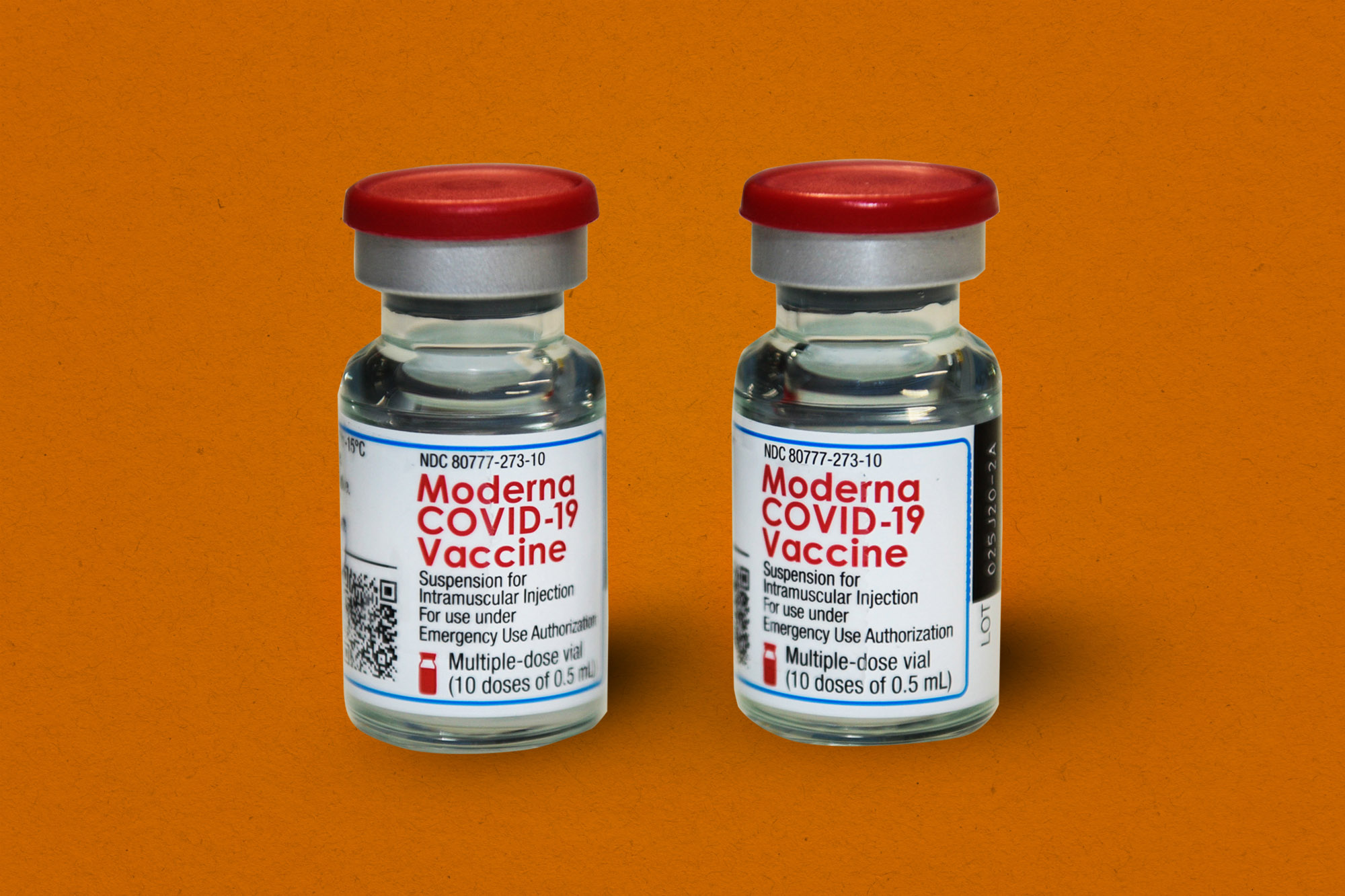The University of Virginia is participating in a national study assessing infection, viral shedding and transmission risks among college students who receive the Moderna COVID-19 vaccine.
UVA hopes to enroll approximately 600 student volunteers in the national “Prevent COVID U” study, launched by the COVID-19 Prevention Network at the Fred Hutchinson Cancer Research Center and funded by the federal COVID-19 Response Program and the National Institute of Allergy and Infectious Diseases. Nationwide, the study expects to enroll more than 12,000 student volunteers. Half of the volunteers, chosen at random, will receive the Moderna vaccine immediately, while the other half will receive it four months later. Students interested in volunteering can call 434-924-5362 or email questions to CoVPN3006study@virginia.edu. More information is available here.
The study (COVPN 3006) is being conducted to determine the Moderna vaccine’s effectiveness in preventing infection among college students, and to better understand if the vaccine prevents asymptomatic infection and how it reduces the risk of transmission to others.
“This research is critically important because we still do not know exactly how well the vaccine reduces asymptomatic infection and transmission,” said Dr. Eric Houpt, chief of UVA’s Division of Infectious Diseases and International Health. Houpt is co-directing the UVA study with Dr. Chris Holstege, executive director of UVA Student Health and Wellness.

“This will help us determine how freely vaccinated individuals can interact with others, and what risks that might pose. The study will also provide information on the COVID variants that may be circulating and how well the vaccine protects against them,” Houpt said.
Student volunteers, enrolled at more than 20 universities across the U.S. including UVA, must be aged 18 to 26 and healthy. Throughout the study period, particpants must complete daily questionnaires via an app, swab their nose daily for COVID-19 infection and provide periodic blood samples. This will be most convenient for students who will be in Charlottesville through the summer.
There is no prohibition on students in the delayed vaccination group receiving a COVID-19 vaccine from another source if they become eligible through state guidelines in the interim. If a student tests positive for COVID-19 during the study, his or her close contacts will also be invited to join the study.
As is typical of clinical research, students will be compensated for the time and effort required to participate in the study. Student volunteers will be paid up to $590 each, broken up into monthly payments, and close contacts who enroll in the study will receive $100 to $250.
University and UVA Health leaders stressed that UVA’s participation in the vaccine study in no way affects the availability or supply of vaccines in the Charlottesville community. Decisions about the rollout of vaccines in the larger community remain with the Virginia Department of Health, working with federal health resources. UVA will play a supporting role in those larger efforts as requested by the Virginia Department of Health.
Researchers leading the national trial called it an important next step in understanding the COVID-19 virus.
“This study builds on the Phase 3 COVID-19 clinical trials that tested the ability of vaccines to prevent symptomatic and severe COVID-19 disease in adults. The new trial will tell us whether a person can become infected after they’ve been vaccinated and if the vaccine will stop the virus from spreading person-to-person,” said Dr. Larry Corey, principal investigator of CoVPN’s operations program, professor at Fred Hutchinson Cancer Research Center, and one of the study leaders. “The answers to these questions have implications for public health and will allow us to make more science-based decisions about mask use and social distancing post-vaccination – especially when new variants are emerging.”
Media Contact
Article Information
March 26, 2021
/content/uva-joins-nih-study-assessing-moderna-vaccine-transmission-among-college-students

